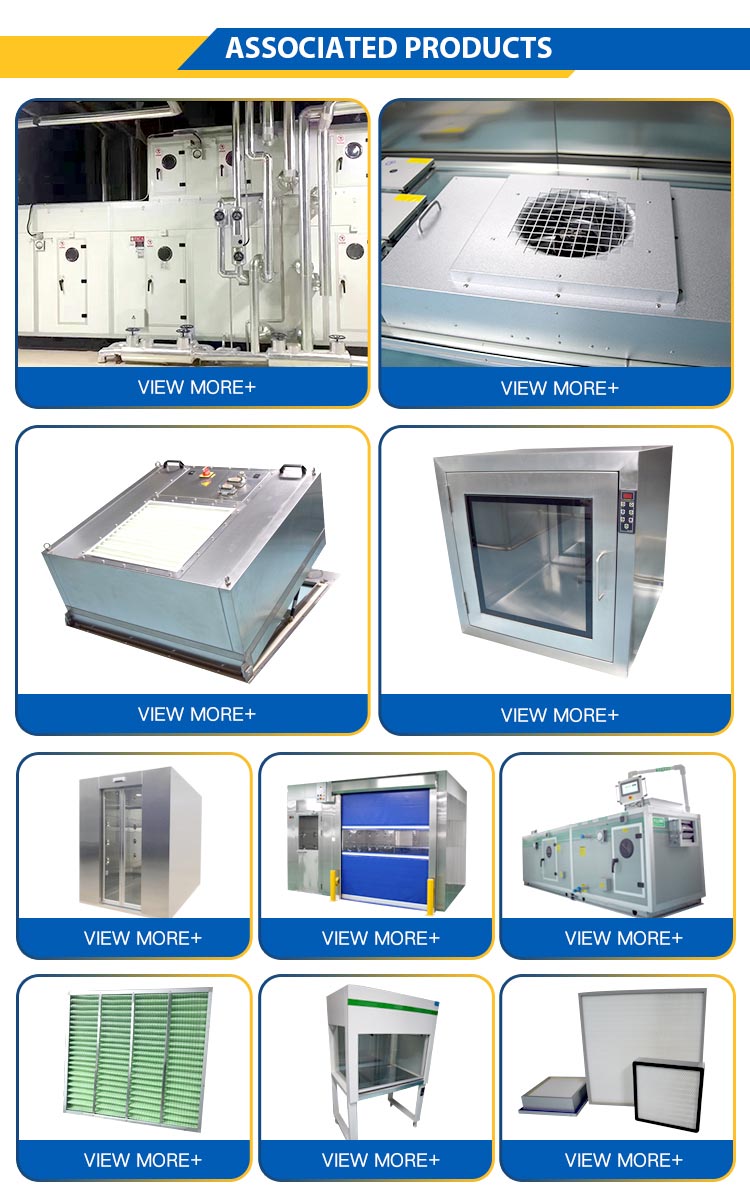Introduction
Cleanroom certification plays a crucial role in industries that rely on controlled environments to maintain stringent quality standards and regulatory compliance. Certification ensures that cleanrooms meet specific cleanliness requirements and adhere to international standards. In this article, we will explore the significance of cleanroom certification, the certification process, and its importance in various industries that require controlled environments.

Understanding Cleanroom Certification
Cleanroom certification is the process of evaluating and verifying the performance of a cleanroom facility to ensure it meets the specified cleanliness standards. It involves an independent assessment conducted by qualified certification bodies or experts specializing in cleanroom validation. The certification process includes a series of tests and inspections to determine compliance with regulatory guidelines and industry standards.
The Certification Process
1. Documentation Review: The certification process begins with a review of the cleanroom's design and operational documentation. This includes evaluating the facility's layout, airflow patterns, filtration systems, and standard operating procedures to ensure they align with the desired cleanliness standards.
2. Facility Assessment: During the facility assessment, certification experts conduct a comprehensive inspection of the cleanroom. They examine factors such as airflow velocity, temperature, humidity, particle counts, and containment measures to ensure compliance with the specified cleanliness requirements.
3. Performance Testing: Cleanroom certification involves various performance tests to validate the facility's ability to maintain the desired cleanliness levels. These tests may include particle counting, airflow visualization, filter integrity testing, and air velocity measurements. The results are compared against the acceptable limits defined by the applicable standards.
4. Reporting and Compliance: Upon completion of the certification process, a detailed report is generated, highlighting the findings and compliance status. The report may include recommendations for improvement or corrective actions if any non-compliance is identified.
Importance of Cleanroom Certification
1. Quality Assurance: Cleanroom certification ensures that controlled environments consistently meet the specified cleanliness standards. By undergoing certification, industries can have confidence in the quality of their products, as the certified cleanrooms provide the necessary conditions to minimize contamination risks and maintain product integrity.
2. Regulatory Compliance: Cleanroom certification is often a requirement to comply with industry regulations and guidelines. Industries such as pharmaceuticals, biotechnology, healthcare, and electronics must adhere to specific cleanliness standards to meet regulatory obligations. Cleanroom certification provides documented evidence of compliance, aiding in regulatory audits and inspections.
3. Risk Mitigation: Cleanroom certification helps mitigate risks associated with product contamination and failure. Certified cleanrooms provide controlled environments with reliable filtration systems, airflow patterns, and containment measures, minimizing the risk of particulate contamination. This, in turn, reduces the likelihood of costly product recalls, rework, and customer dissatisfaction.
4. Customer Confidence: Cleanroom certification enhances customer confidence by demonstrating a commitment to quality and adherence to industry standards. Certified cleanrooms assure customers that the products they receive have been manufactured in controlled environments, meeting strict cleanliness requirements and ensuring their safety and reliability.
Conclusion
Cleanroom certification is a vital process in industries that rely on controlled environments to maintain stringent quality standards and regulatory compliance. Certification ensures that cleanrooms meet the specified cleanliness requirements and adhere to international standards. By undergoing certification, industries can assure product quality, mitigate contamination risks, meet regulatory obligations, and gain customer confidence. Cleanroom certification plays a pivotal role in maintaining the integrity and reliability of products in industries such as pharmaceuticals, biotechnology, healthcare, and electronics, contributing to overall industry success.